
OR
Winter rainfall shortage raises concerns over escalating pollution crisis
Published On: February 15, 2024 07:45 PM NPT By: Bhuwan Sharma
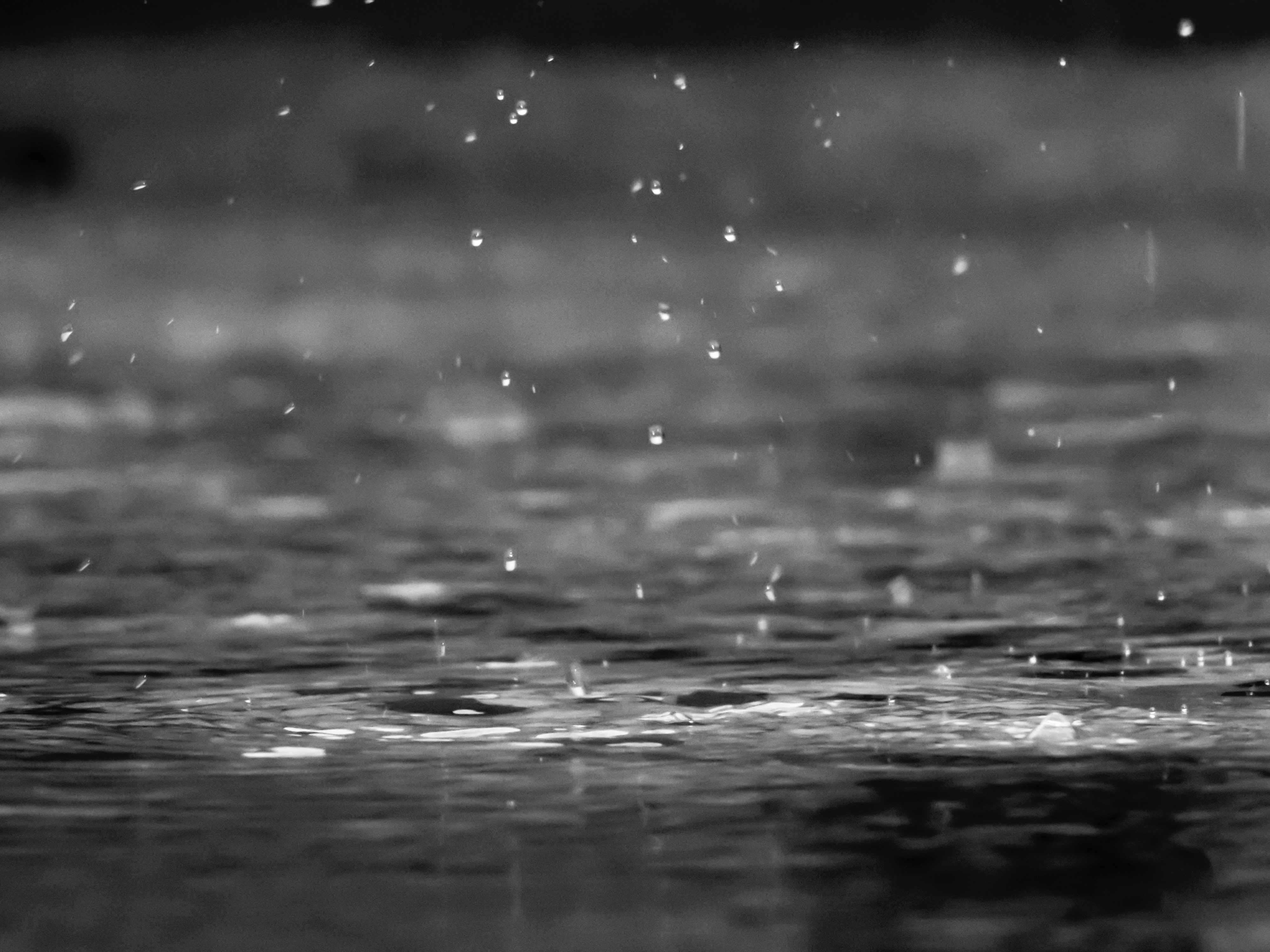
KATHMANDU, Feb 15: This year's winter season is just two weeks away from coming to an end. According to meteorologists, December, January and February are considered winter months. These three months are the coldest in the year. There is usually at least one winter rain during this season.
However, this year there was very little winter rain across the country including Kathmandu. There was no winter rain in Kathmandu except sporadically. The western region and far west of Kathmandu, Karnali and Lumbini provinces received winter rains, but overall this year the winter rains were not enough, according to the Meteorological Forecasting Division (MFD).
“This year, the winter rain in Kathmandu and across the country was less than the average. It was not enough,” said Senior Meteorologist Raju Pradhananga. According to him, this year's winter rainfall system did not activate as it should have. As a result, winter rains were insufficient throughout the country, including Kathmandu. The MFD reported that 0.05 millimeters of rain fell in Kathmandu on February 2 and sporadically on February 5 this year.
Meteorologists have yet to forecast whether there will be winter rains in the next two weeks before the winter season ends.
Pradhanang said, “There are still two weeks left for the winter season to end. However, it is not possible to say whether it will rain in these two weeks.”
According to meteorologists, this year winter has moved to 20/21 days compared to last year. The coldest day last year was January 7 (2.5 degrees), but this year the coldest day on record so far has been measured on January 28. On January 28 this year, the cold reached 2.1 degrees. Pradhanang said that the climate system and the world's weather system have influenced the change in cold weather this year compared to last year.
Similarly, environmentalists mention that the lack of rain in winter will increase pollution. According to meteorologists, due to the reduced air flow during the cold season, dust particles (PM2.5) are stuck in the air on the surface of the ground, which can have a fatal impact on human life.
You May Like This

Experts urge govt to manage food grains as there is no winter rain
KATHMANDU, Feb 11: Experts have suggested that the government should take precautions in food security as the lack of winter... Read More...

Why COVID outbreaks look set to worsen this winter
Winter is fast approaching in the Northern Hemisphere, and researchers warn that COVID-19 outbreaks are likely to get worse, especially... Read More...
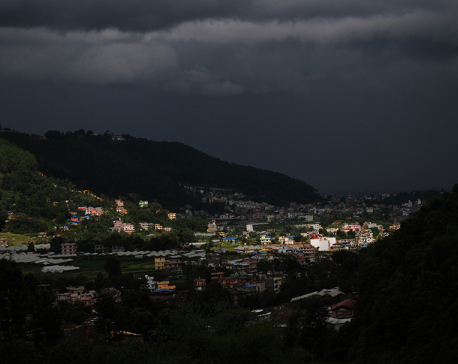
Nepal not experiencing rainfall due to low monsoon troughs
KATHMANDU, July 17: The monsoon trough has fallen below its normal position, thereby resulting to reduced rainfall across the country... Read More...



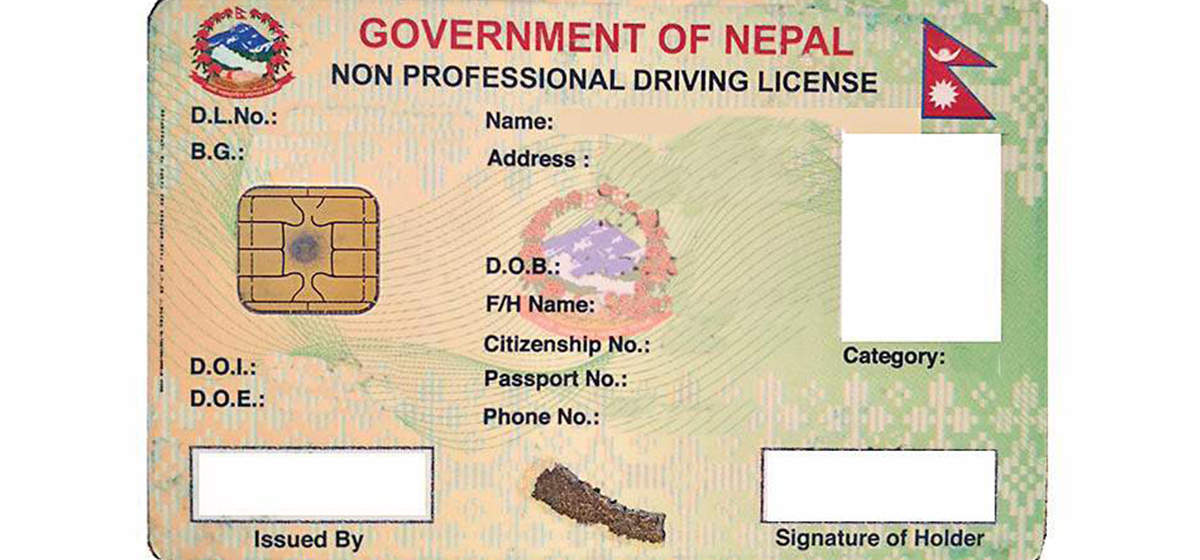


Just In
- Former DoTM employee Bhatta arrested in connection with illegal license issuance case
- One killed in a fire incident in Dadeldhura
- JSP Central Executive Committee meeting being held today to discuss national convention representative election guidelines
- KMC adjust office hours, services now start at 9AM
- Five-match T20 series: first match between West Indies 'A' and Nepal starts today
- Govt yet to pay Rs 60 billion to contractors
- Nepal’s poorest district identified as Bajura, richest as Mustang
- Wind storm likely at a few places of Koshi and Sudurpaschim








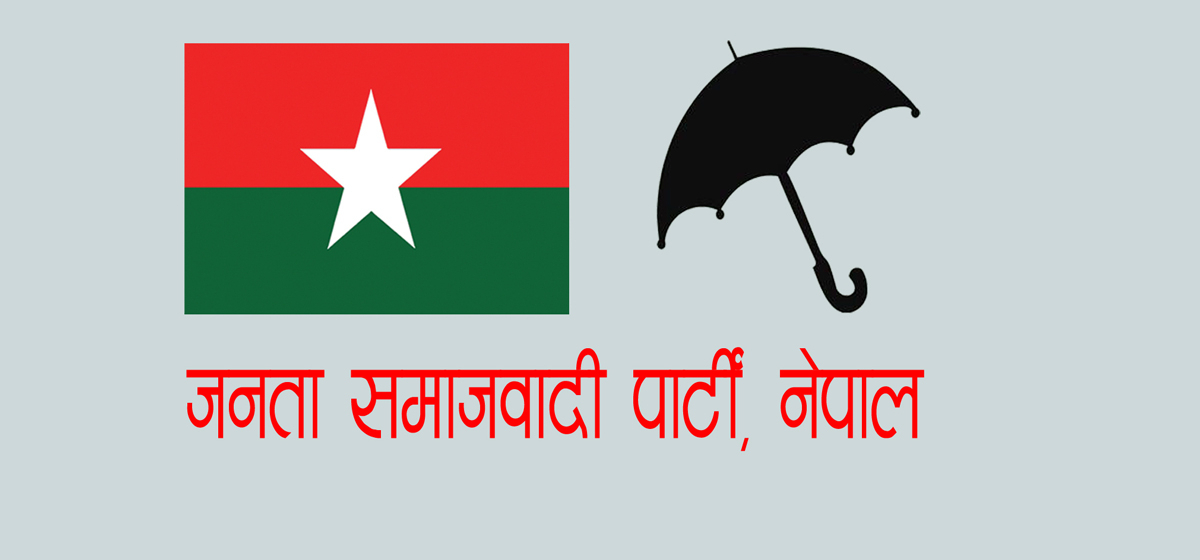

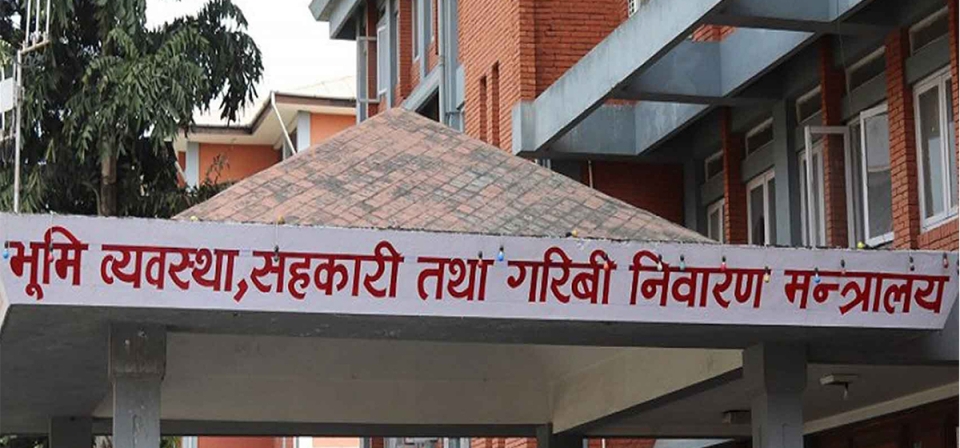

Leave A Comment